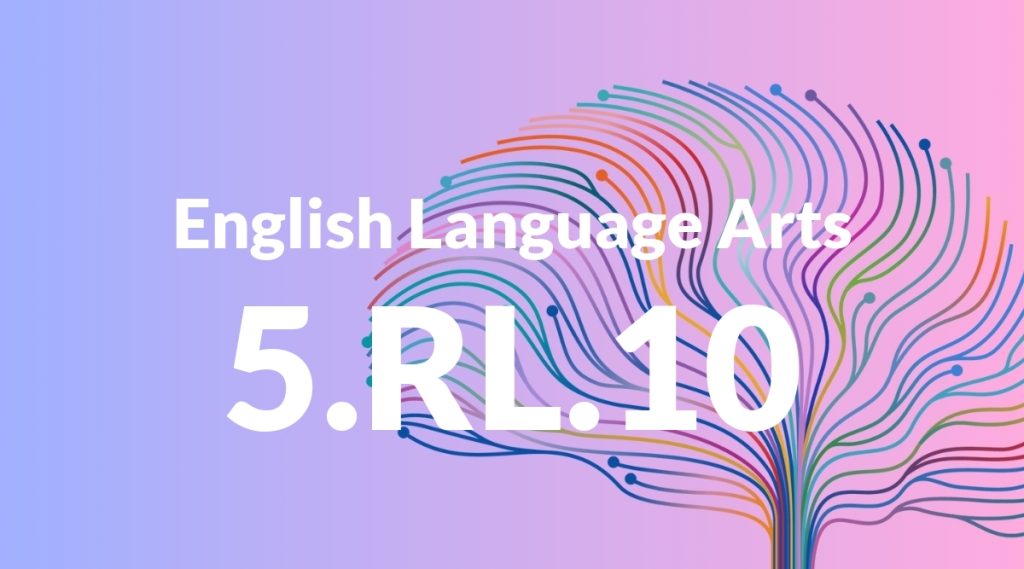Standard: 5.RL.10 – By the end of the year, read and comprehend literature, including stories, dramas, and poetry, at the high end of the grades 4–5 text complexity band independently and proficiently.
Grade level: Grade 5
Subject: English Language Arts
Domain: Reading: Literature
Teacher Overview
This standard focuses on ensuring that students can read and comprehend literature at the high end of the grades 4–5 text complexity band independently and proficiently. This skill is crucial for their overall literacy development and prepares them for more advanced literary analysis in higher grades. Students should have a solid understanding of grade 4 literature, including basic comprehension skills and familiarity with literary elements such as plot, character, and setting.
Mastering this standard will enable students to analyze more complex texts, identify themes, make inferences, and understand the author’s purpose in higher grades. They will also be prepared to write their own literary analyses.
Common Misconception 1
Some students may believe they need to understand every word in a text to fully comprehend it. This is incorrect because comprehension is more about understanding the overall meaning and themes rather than every single word.
Intervention 1
Use context clues and teach students to focus on the overall meaning and themes of the text. Encourage them to skip over unfamiliar words and return to them later if necessary.
Common Misconception 2
Students might think that all forms of literature—stories, dramas, and poetry—should be read in the same way. This is incorrect as each genre has unique features and requires different reading strategies.
Intervention 2
Introduce and practice different reading strategies for various genres. For example, focus on dialogue and stage directions in dramas, and on rhyme and meter in poetry.
Prerequisite Knowledge
Students should be able to read and understand texts at the grade 4 level, including basic comprehension of stories, dramas, and poetry. They should also be familiar with literary elements such as plot, character, and setting.
Subsequent Knowledge
After mastering this standard, students will be able to analyze more complex texts in higher grades, including identifying themes, making inferences, and understanding the author’s purpose. They will also be prepared to write their own literary analyses.
Instructional Activities
- Reading and discussing a classic children’s novel
- Performing a short drama in class
- Writing a poem and sharing it with classmates
- Comparing two different stories and discussing their themes
- Participating in a book club and discussing favorite books




